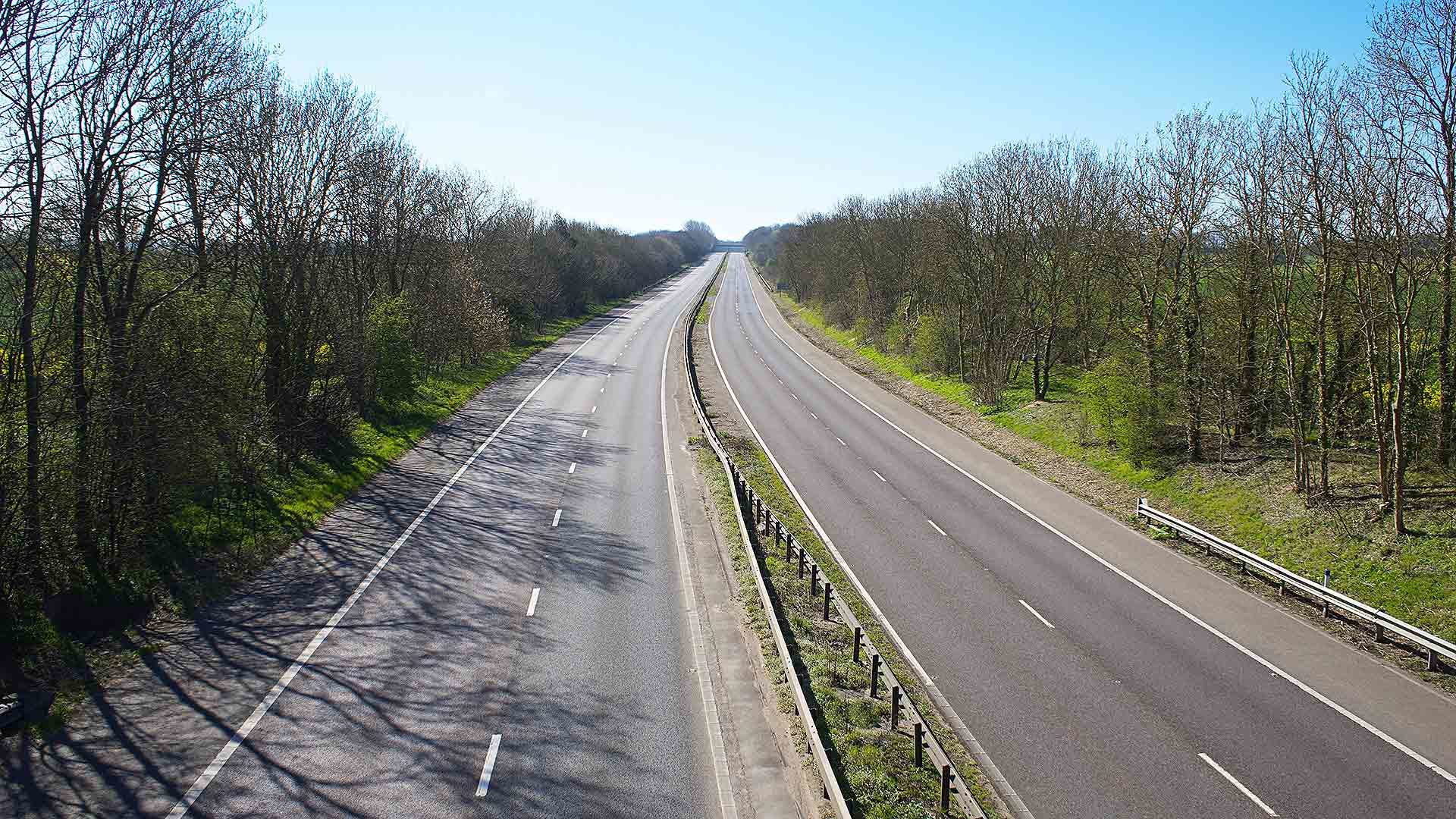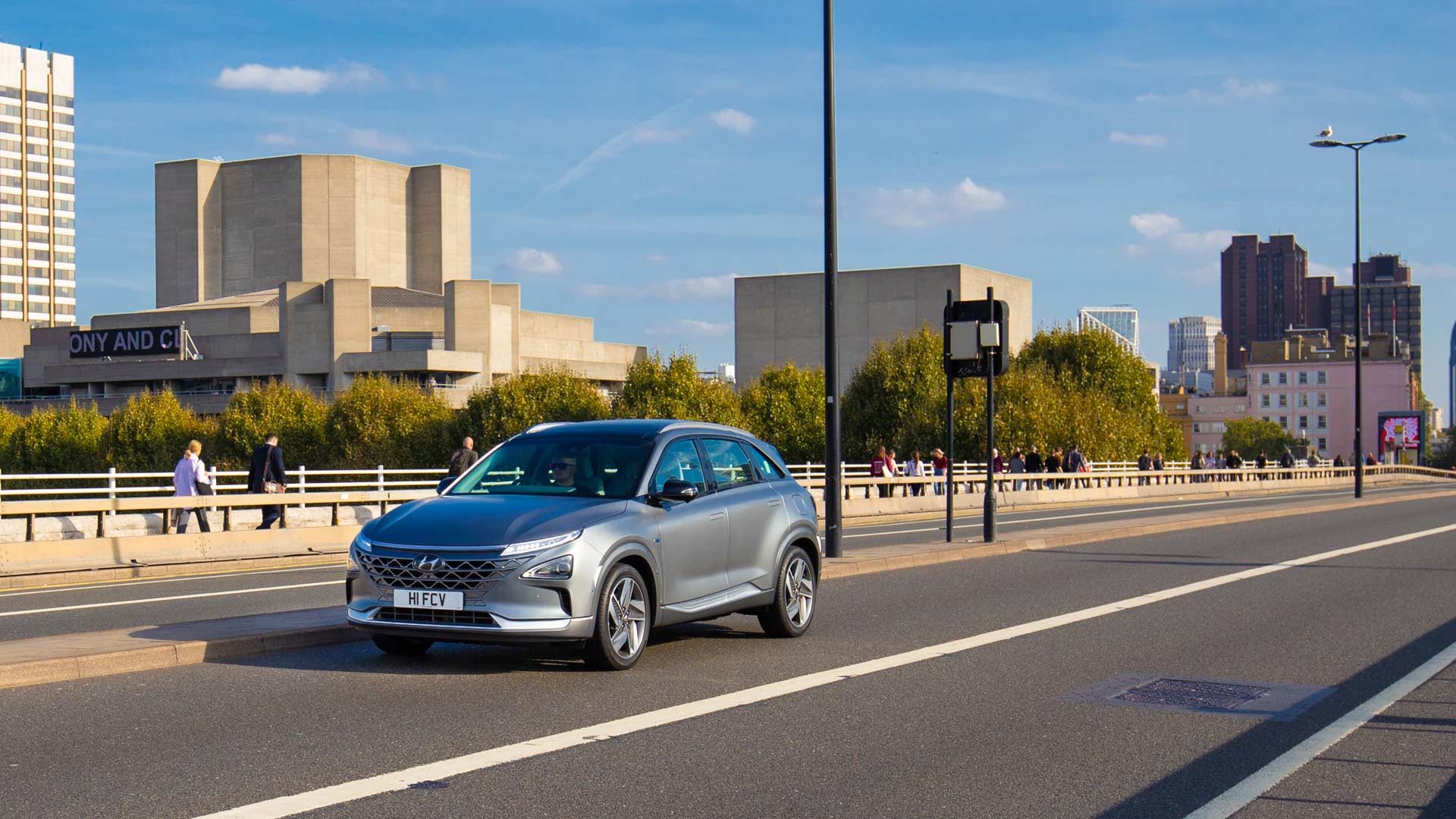
New data reveals that UK motorists have made major reductions to their average annual mileage.
The average distance driven is predicted to have declined by a third (33.9 percent) in the past 18 years.
While the impact of coronavirus plays a part in a drop this year, long-term patterns show a steady fall since 2002.
On a road to nowhere

ITS Telematics has analysed data from telematics devices – commonly known as black boxes – fitted to cars. These provide useful insights into the habits of UK drivers, and have shown a steady decrease in daily driving distances.
In 2002, UK motorists averaged 9,200 miles a year. This had fallen by 17.3 percent to 7,600 miles in 2018, with the effect of Covid-19 restrictions set to cause a further decline.
Based on the trends seen by ITS Telematics, average mileages for drivers in 2020 could be as low as 6,080.
The longer-term effects of Covid-19, such as move to home working for many, are yet to be seen. Swapping daily commutes for a short walk to the study or kitchen table will have a huge impact, however.
Different restrictions on travel

However, the reason for the sustained fall since 2002 could be linked to another modern trend. ITS Telematics has estimated that some 1.6 million motorists now drive cars on Private Contract Hire (PCH) agreements.
Contracts for these lease agreements come with restrictions on annual mileages. These are often combined with substantial penalties for exceeding the agreed distance.
Millions more drivers now use PCP (Personal Contract Purchase) finance to buy their cars. Such agreements also specify annual mileage limits, although penalties for exceeding these are typically less punitive than on lease agreements.
Choosing a lower annual mileage will frequently result in lower monthly payments with PCH and PCP deals.
It means motorists may be keeping their estimates low, then simply sticking to them.
ALSO READ:
What do the car insurance write-off categories mean?